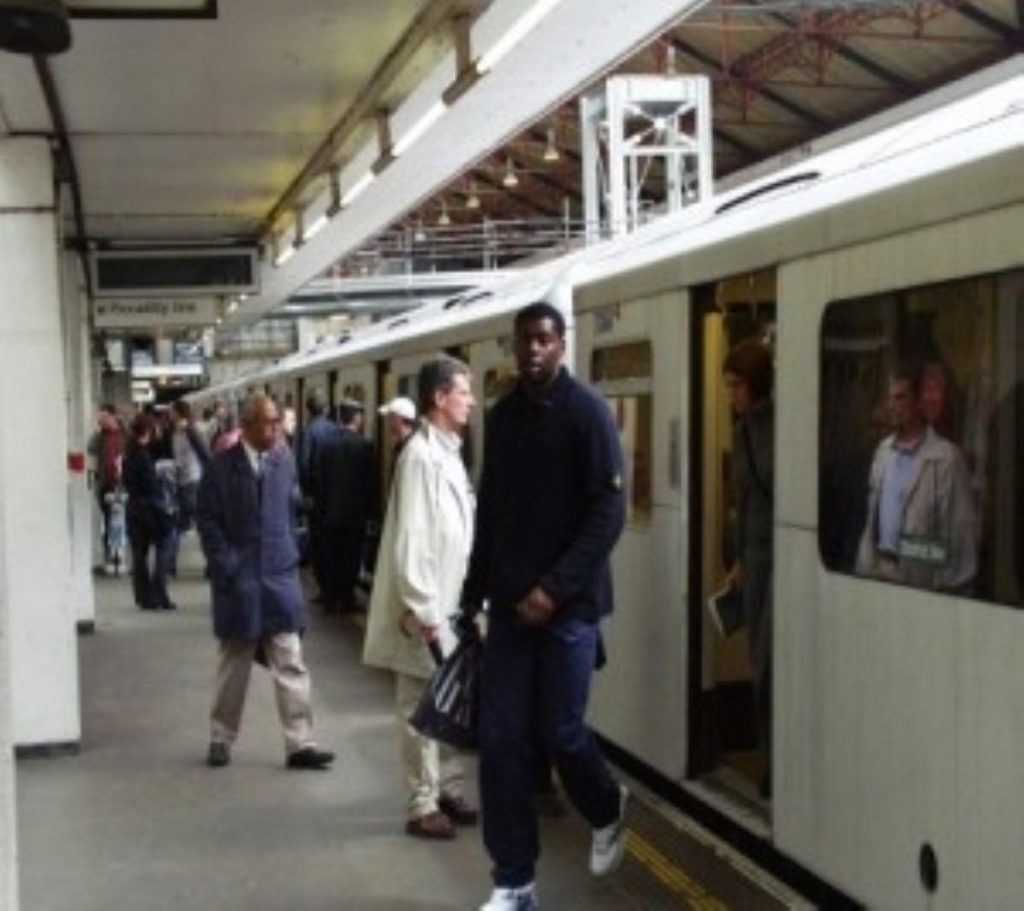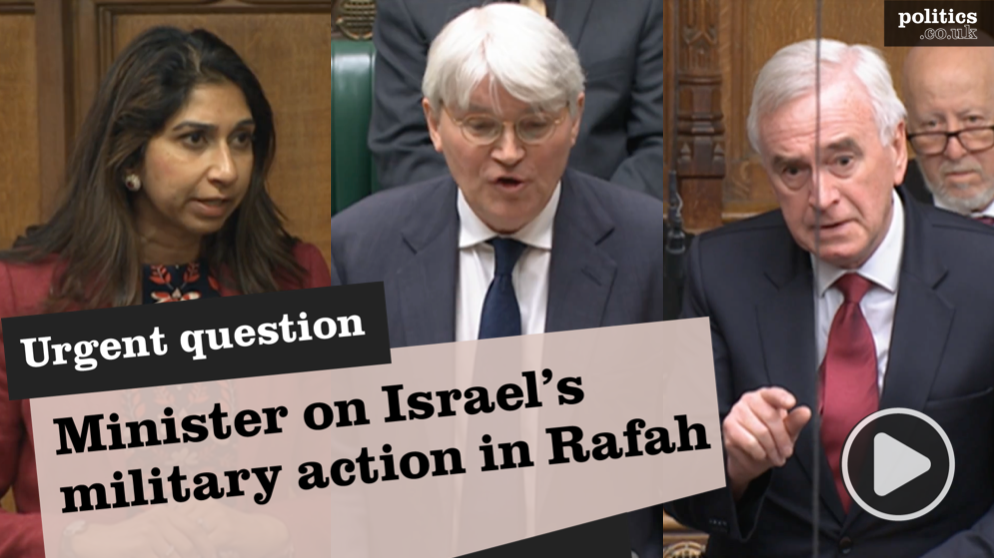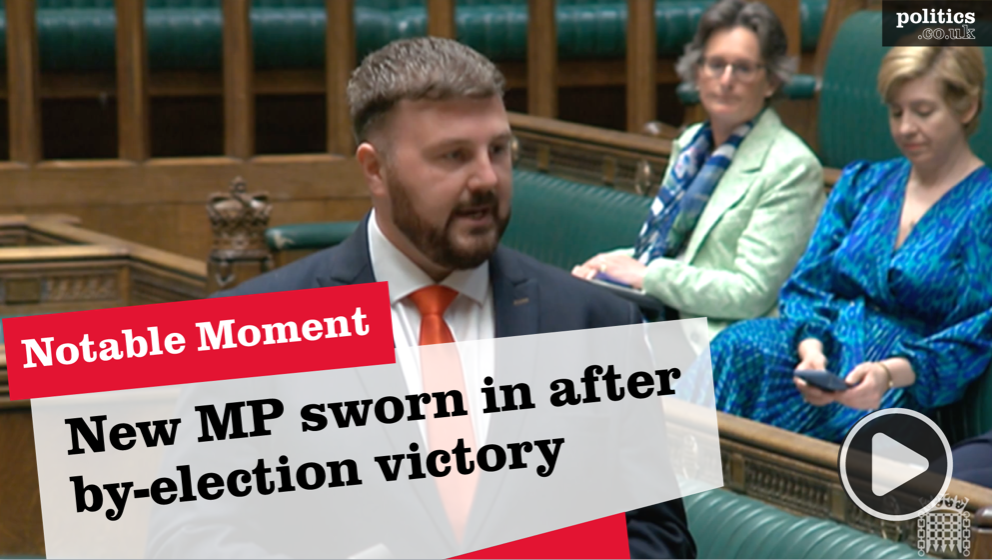“Best ever” Olympic transport promised for London
The organisers behind the 2012 Olympics bid have unveiled a transport plan they claim will be the fastest and most reliable ever provided by a host city.
The International Olympic Committee in their initial assessment of London’s bid noted concerns about the reliability of London’s transport system and many analysts suggest that it will be a major weakness of the bid.
Transport Minister Tony McNulty however promised today that London’s transport would be an asset to its 2012 Olympics bid, not a hindrance.
At the launch of the bid’s transport plan Mr McNulty said London would deliver “effective and secure” trains, roads and buses to carry the 55,000 Olympians and officials and 500,000 tourists.


Lord Sebastian Coe, chair of London’s 2012 Olympics campaign, said that the city would deliver the “best ever” Olympics transport.
He pledged: “Transport services for the [London 2012 Games] will be the fastest and most reliable ever provided for the world’s most important sporting event.”
The former Olympian said he had seen too many instances of athletes having to improvise their own transport to Olympic venues, including one forced to borrow an official’s car.
He promised: “I will not let that happen.”
A total of 240 trains an hour – one every 15 seconds – on ten rail lines would take up to 300,000 passengers into Olympic venues in East London.
“Every spectator carrying a valid ticket to any event within London will be able to travel to and from their event for free.” Lord Coe promised.
There would also be designated Olympic lanes on London streets to ensure that athletes could get from their accommodation to the stadia as quickly as possible.
The “excellent” and “robust” transport plans in the London bid had attracted favourable comment overseas and were superior to those for the Sydney Olympics at a comparable point in their application, Lord Coe said.
Continuing, Mr McNulty added that much of the infrastructure was already in place, noting London would not be the major city it was if it did not have a fundamentally sound transport system.
However, the Olympics bid did include some major projects, notably the “Olympic javelin” rail line that when completed will take passengers from St Pancras station to Stratford International in under seven minutes.
By 2012, there would be ten rail lines serving Stratford, he added.
Other key pledges include a 45 per cent increase in the capacity of the Jubilee line, an expansion of the DLR to the City airport and special ‘on-demand’ trains for key personnel.
On Crossrail and the reports emerging over the weekend that it would not get Government approval, the Minister attacked those who linked it with the Olympic bid as “wreckers” and “moaning minnies”.
“The Crossrail project is not part of the Olympic strategy,” he said. “It has never been part of the Olympic strategy . I ask those who associate Crossrail with the Olympics bid, please desist.”
The Government had always made it clear that Crossrail would not be complete before 2013 or 2014, he added.
Ken Livingstone, who was also present at the launch, said he was convinced that Crossrail would go ahead and, whilst reiterating that it is not part of the bid, admitted: “If we could shave a couple of years off [the finishing date] it could be absolutely incredible boost to this city.”
The Mayor said the job of making sure London’s transport dealt with the additional passengers during the Olympics – estimated at 500,000 – would be made easier by the fact that the games would be in August, a time of low demand.
Passenger numbers across London would be down six or seven per cent because of summer vacations, and in Stratford they would be 21 per cent lower.
Another major concern was London’s air quality, which the mayor said was the worst in Europe after Athens. To combat this he hoped to introduce, from 2007, a Low Emissions Zone covering the greater London area, which would make it illegal for polluting vehicles to enter London.
The Government would also crackdown on the old black cabs, which were responsible for 25 per cent of the “particulates” that make up much of air pollution, and all the old polluting buses would be replaced by 2012.











